Health / Articles
Overcoming occupational diseases: common illnesses and how to prevent them
Occupational diseases affect millions of employees around the world and have a profound impact on society and businesses. These are some of the most common diseases and how to avoid them.

 10 minutes of reading
10 minutes of reading
2021-12-09 15:29:48
Occupational diseases affect millions of employees around the world and have a profound impact on society and businesses. These are some of the most common diseases and how to avoid them.
What if a doctor's appointment cost around $42.000? That's how much, on average, each reported incident of occupational diseases costs per employee. A figure that includes productivity and sales losses, as well as equipment damage, medical expenses, administrative and other costs to the employer.
The financial dimension is only part of a much larger problem, but it illustrates the impact of occupational diseases and the importance of investing in hygiene and safety in the workplace. These are the most common professional diseases, and how to prevent them.
What are occupational diseases, and what is their impact?
The term occupational disease refers to health problems produced or aggravated by the conditions of the work environment. Occupational diseases meet two criteria:
- A strong relationship between the disease, the work environment and work activity;
- The frequency of the disease among the exposed population is much higher than in the general population.
In the US alone, the medical costs associated with occupational diseases total $67million per year. A significant amount, but largely exceeded by indirect costs, resulting from lost sales, administrative expenses, vehicle and equipment damage and worker compensation. The total cost amounts to about $ 250 billion / year, a value higher than the treatment of all forms of cancer - combined.
Occupational diseases unevenly affect different countries in the world. In Poland, for example, overall costs with occupational diseases account for 10.4% of GDP, the country where this rate is highest. The Netherlands has the highest total cost per employee, of around €75,000. Globally and in the EU, occupational diseases absorb around 4% of GDP.
This is a problem on a planetary scale, but the solutions are necessarily local and depend on each company.
What are the most common occupational diseases?
Hearing loss and asthma are some of the most common occupational diseases. Musculoskeletal, skin and infectious diseases are close runner ups. There are ways to prevent them, with the right training, processes and equipment.
Hearing loss
Hearing loss is the most common professional disease in the world: approximately 18% of the working population is exposed to dangerous noise levels. Hearing loss knows no boundaries regarding industries and can affect workers, both young and elderly. What makes the fight against this disease especially challenging is that it sets in without pain or obvious physical symptoms. But, once installed, this professional disease is irreversible and has serious consequences for the employee, for the family and for the employer:
- Reduced quality of life because of social isolation;
- Impaired communication with family members, friends and co-workers;
- Increase in accidents because of reduced ability to monitor the work environment information, such as warning signs or equipment sounds;
- Loss of productivity.
How to prevent this occupational disease: Promote a quiet workspace. The Multiwasher is a state-of-the-art industrial washing machine whose noise output complies with the latest legislation. Besides modern and quiet equipment, it is important to use the appropriate protective equipment and raise awareness amongst the team.
Infectious diseases
In the first half of 2021 alone, the Center for Disease Control (CDC) detected an outbreak of E.Coli, 4 cases of Salmonella and another of Listeria in the U.S.. And all over the world, the reappearance of infectious diseases has devastating consequences.
Restaurants, hotels, hospitals, pharmaceuticals, retailers and food catering and processing companies play a decisive role because of the direct contact with food or medicines. For example, healthcare professionals are at risk of contracting tuberculosis, hepatitis B and C and HIV when working with infectious material, or by contact with patients.
How to prevent the spread of infectious diseases: there an array of ways. First, with regular microbiological analyzes of water. Second, wash utensils in a closed circuit with no intervention and direct contact with the worker. Third, prefer equipments that wash with high temperatures such as the MultiWasher.
Asthma
Asthma is the most prevalent occupational disease in industrialized countries in industrialized countries, accounting for approximately 15% of new cases of asthma in adults. This professional disease results in approximately 38,000 deaths per year.
Most cases are caused by sensitizing substances, such as chemicals, which cause allergies. One example is the chromium, used in leather products such as shoes, gloves and bags to provide more flexibility. However, when this element comes in contact with skin, it may cause an allergic reaction. Since the EU restricted the use of chromium in 2014, 11 000 new cases of allergy have been avoided every year.
How to prevent: with an added concern for indoor air quality in offices and factories. Measure air quality frequently and replace old polluting equipment. For example, in the washing area, many equipments emit particles when operators open the washing machine doors after each cycle. At Somengil, we have long identified this risk to public health, and designed the Multiwasher in a closed cabinet concept. This eliminates the danger of indoor air contamination and reduces the risk of occupational diseases.
Musculoskeletal diseases
Musculoskeletal diseases are prevalent in most workplaces, and account for 43% of all work accidents. They can give rise to carpal tunnel syndrome, tendinitis or back pain. Back pain, in particular, is one of the most pervasive musculoskeletal problems in the world, accounting for 27% of all non-fatal occupational diseases. It is also one of the most expensive problems: on average, a claim for compensation costs twice as much as with other occupational diseases.
These professional diseases develop over time and are difficult to detect. They can be caused by repetitive movements, inadequate posture, moving heavy loads or infrequent breaks.
How to prevent: with equipment that favors ergonomics at work. Ergonomics is the science of adapting work to the person who performs it, an essential factor for obtaining a productive and safe workspace. Taking this into account, at Somengil, we study the client’s workflow before each installation. The MultiWasher has a control panel placed at the worker's eye line, completely adapted to the ergonomic level. In addition, it allows staff to wash entire cars with utensils, so that the operator does not have to load and unload each part individually. There is no need for individual efforts, inadequate loading postures or extensive task repetition. This way, companies save time and avoid professional diseases.
Skin diseases
Many workers are exposed to chemicals at work that do not exist at home or elsewhere. Rashes, infections, eczema, dermatitis and other allergies are some of the most common occupational diseases, enhanced by prolonged exposure to such chemicals.
How to prevent: reduce the consumption of detergents and other chemicals, which has been growing at an alarming rate all over the world. This is especially relevant in the washing area, which usually consumes large amounts of chemicals. Alternatively, prefer equipment that reaches high temperatures and therefore requires less detergent. The MultiWasher washes utensils at over 85ºC, and complies with safety standards: it prevents the worker from coming into direct contact with water and detergent. Finally, this equipment uses ecological detergents that do not use harmful chemicals such as phosphates.
Somengil, tackling occupational diseases together
We have created Multiwasher with the needs of our customers in mind, in food service, catering, hospital and pharmaceutical sectors. Across the board, there is a common concern to contribute to a more sustainable future–from the environmental standpoint and that of business results and employer health. The Multiwasher is our contribution to the development of industry and to a future in which occupational diseases are a part of the past. Contact us and see the difference, or schedule a webinar.
You may also like

Health / Articles
Hospital disinfection: the unlikely protagonist
Hospital disinfection is essential for the healthcare ecosystem, but it is only visible during a crisis. Find out exactly what this concept means...
Posted in 2022-03-03

Health / Articles
Food disinfectants: what are they, why they are important and how to pick one
Every year, food contamination causes over 400,000 deaths worldwide. Can food disinfectants help your company fend them off?
Posted in 2022-08-04

Health / Articles
Hospital disinfection: the unlikely protagonist
Hospital disinfection is essential for the healthcare ecosystem, but it is only visible during a crisis. Find out exactly what this concept means...
Posted in 2022-01-27
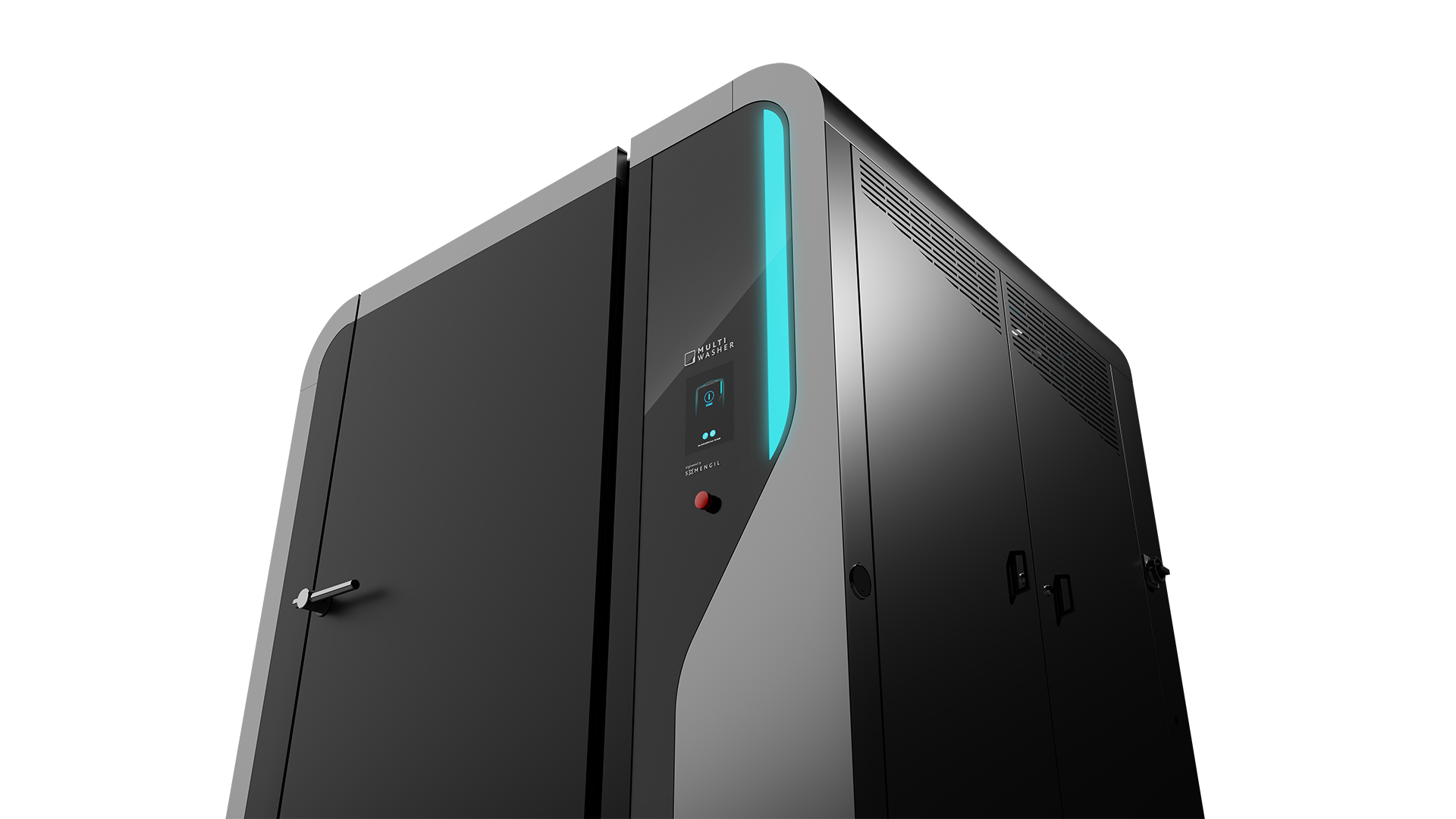
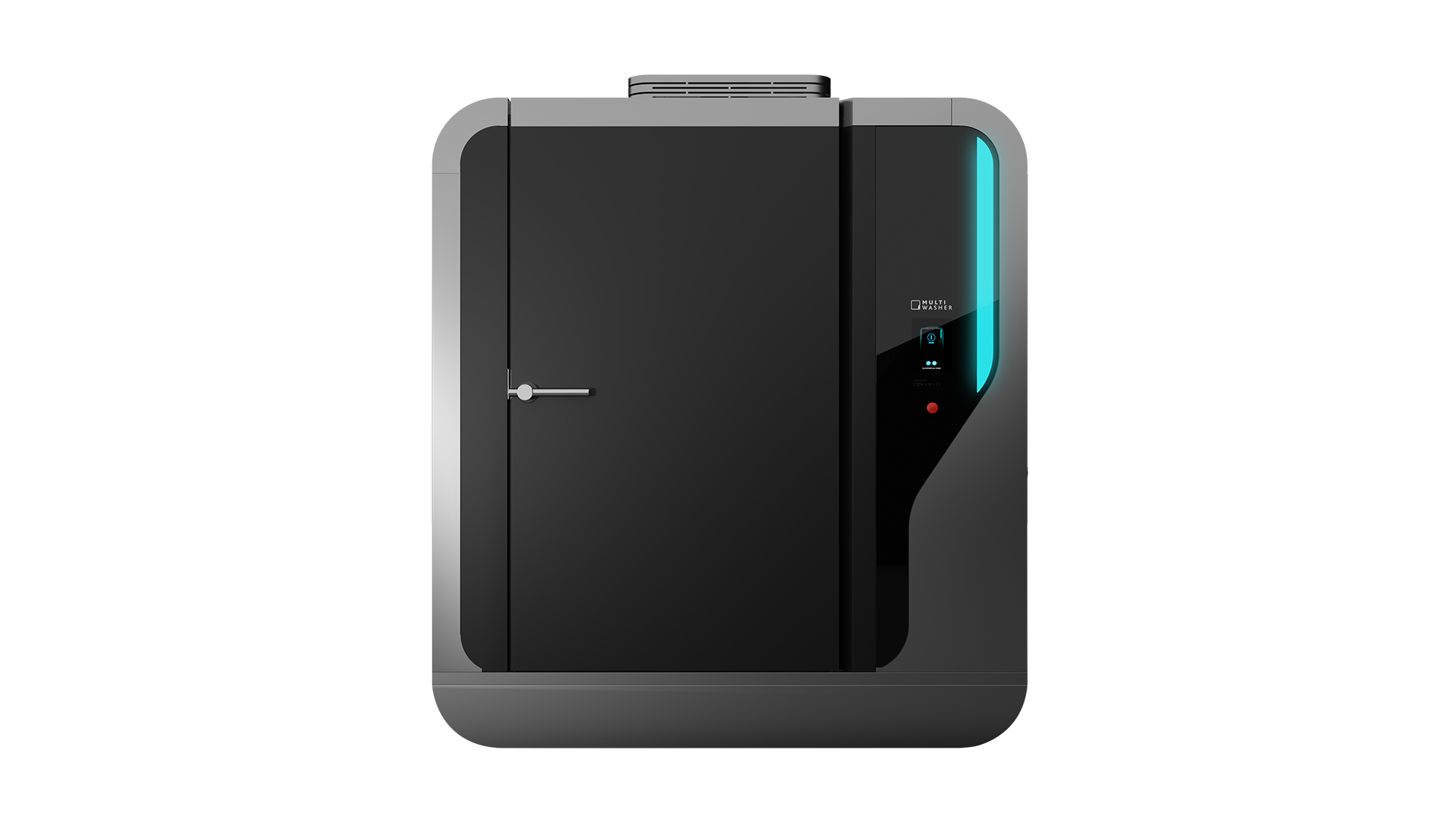
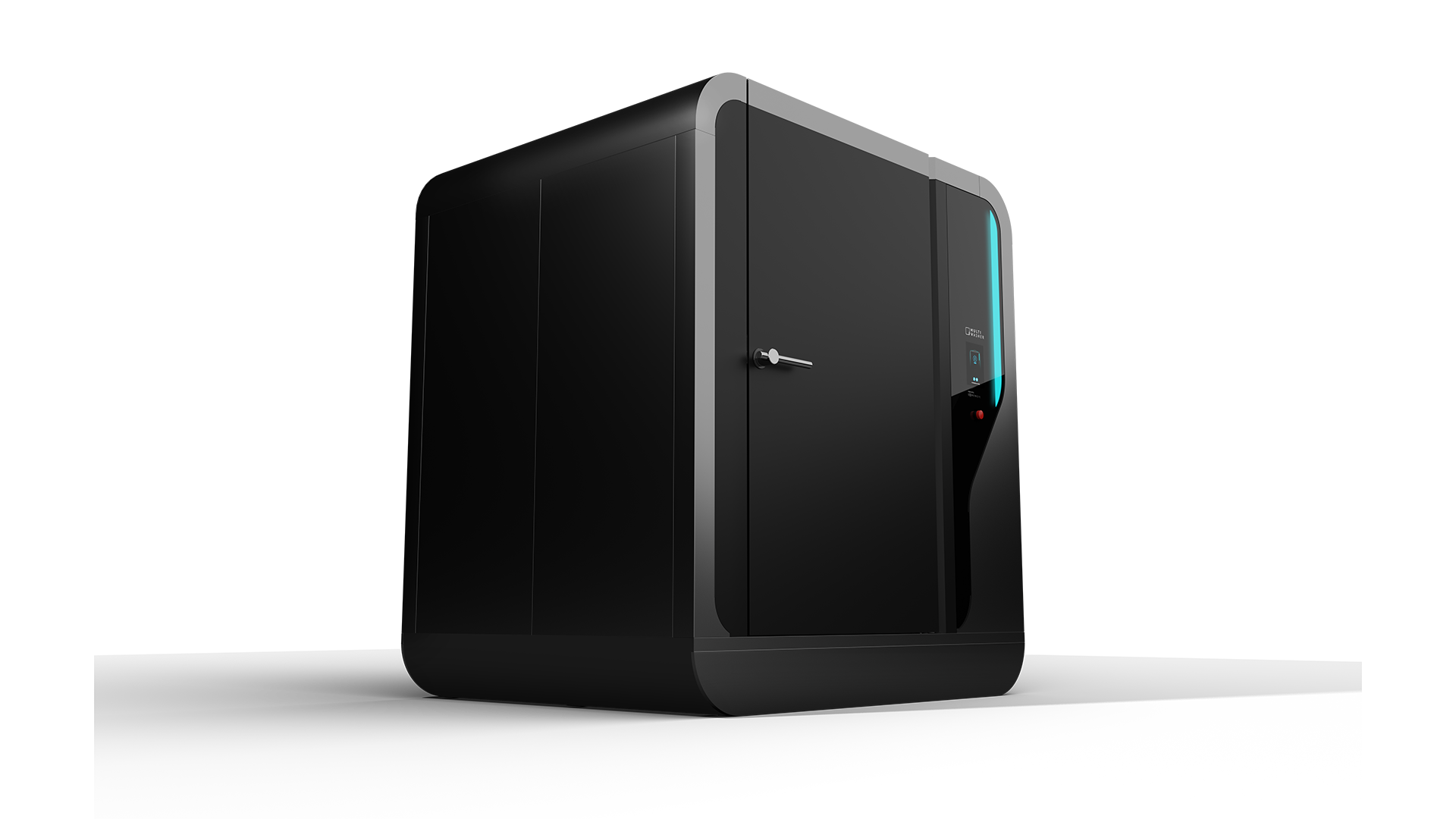
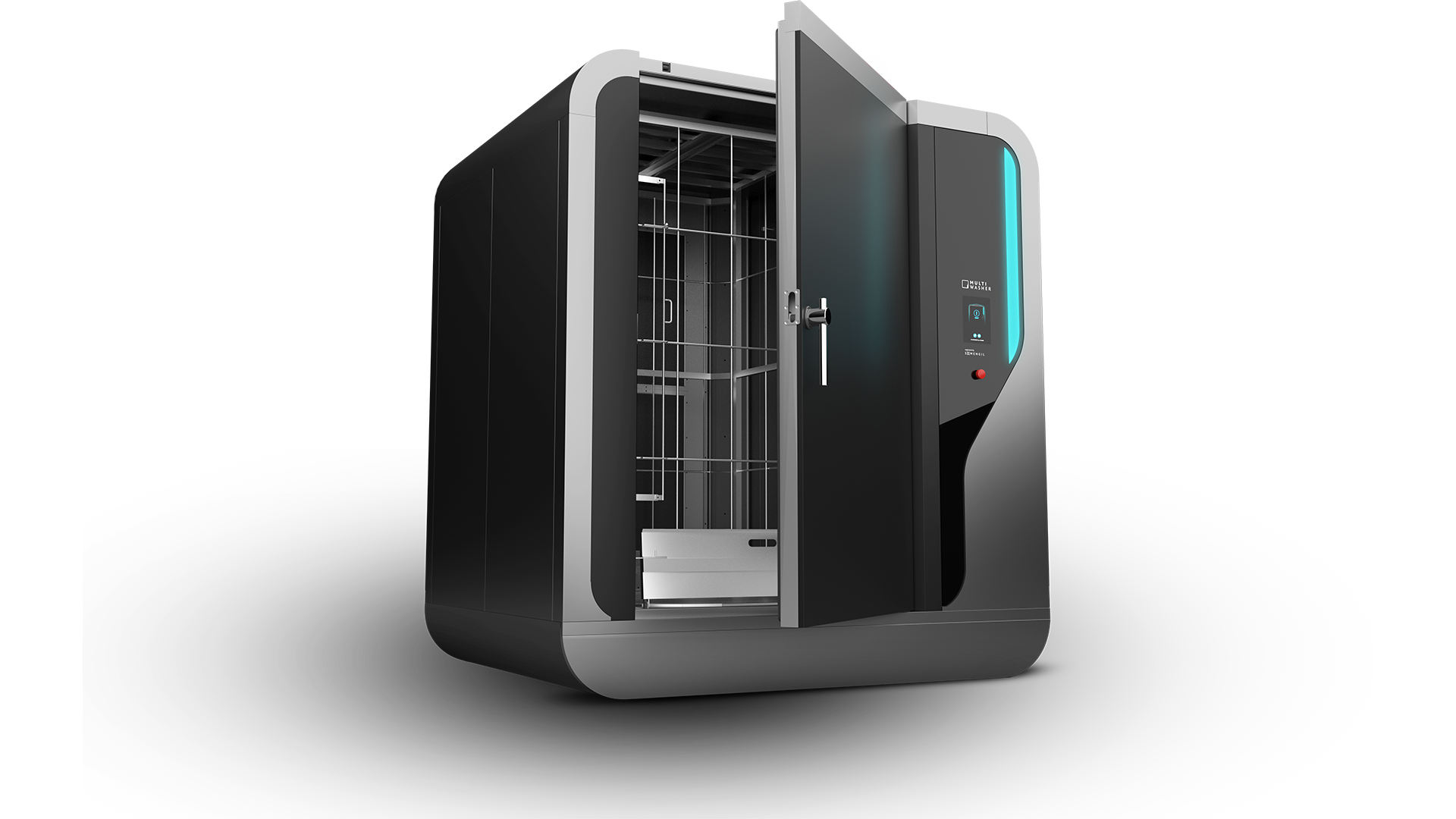
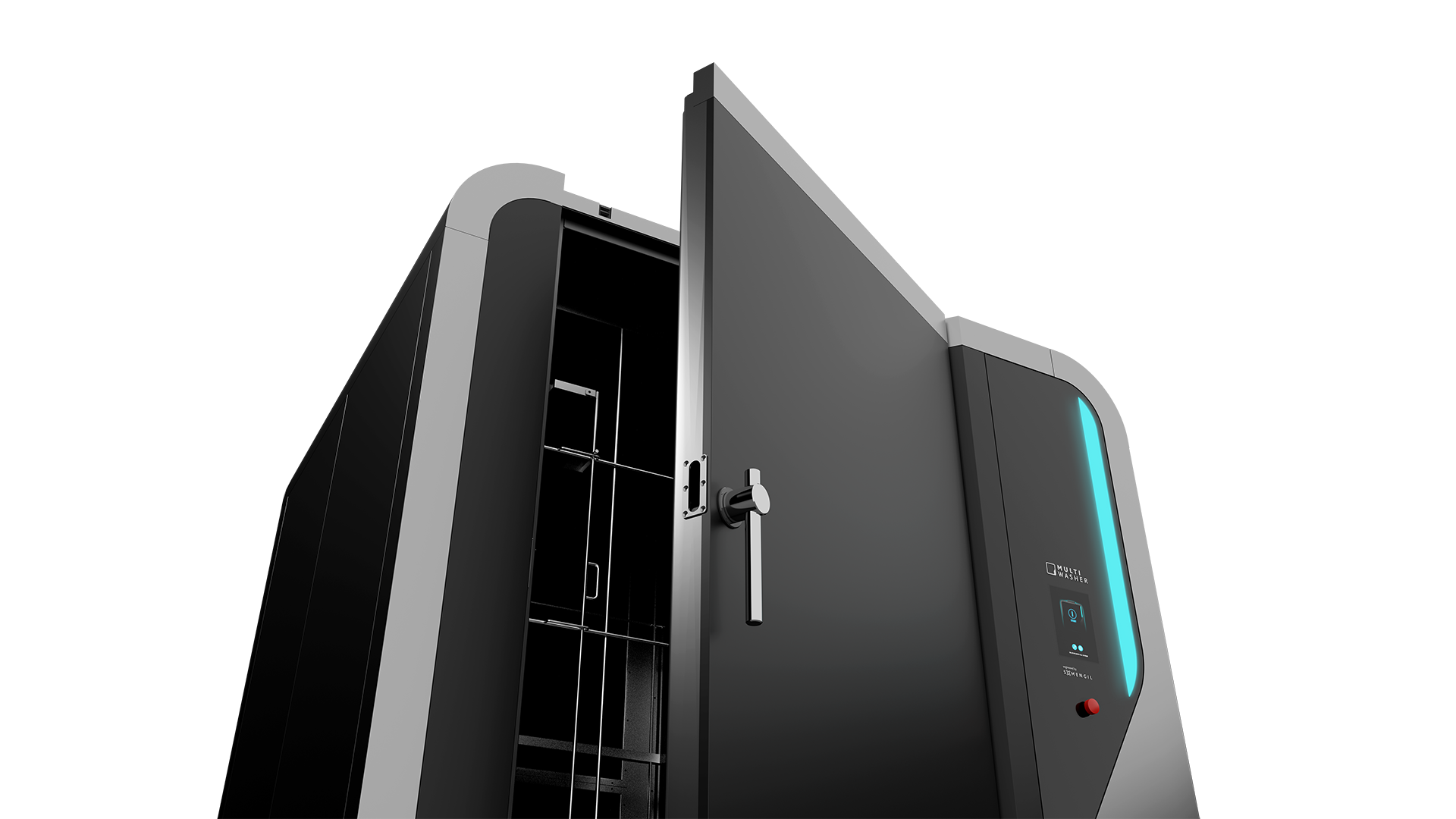
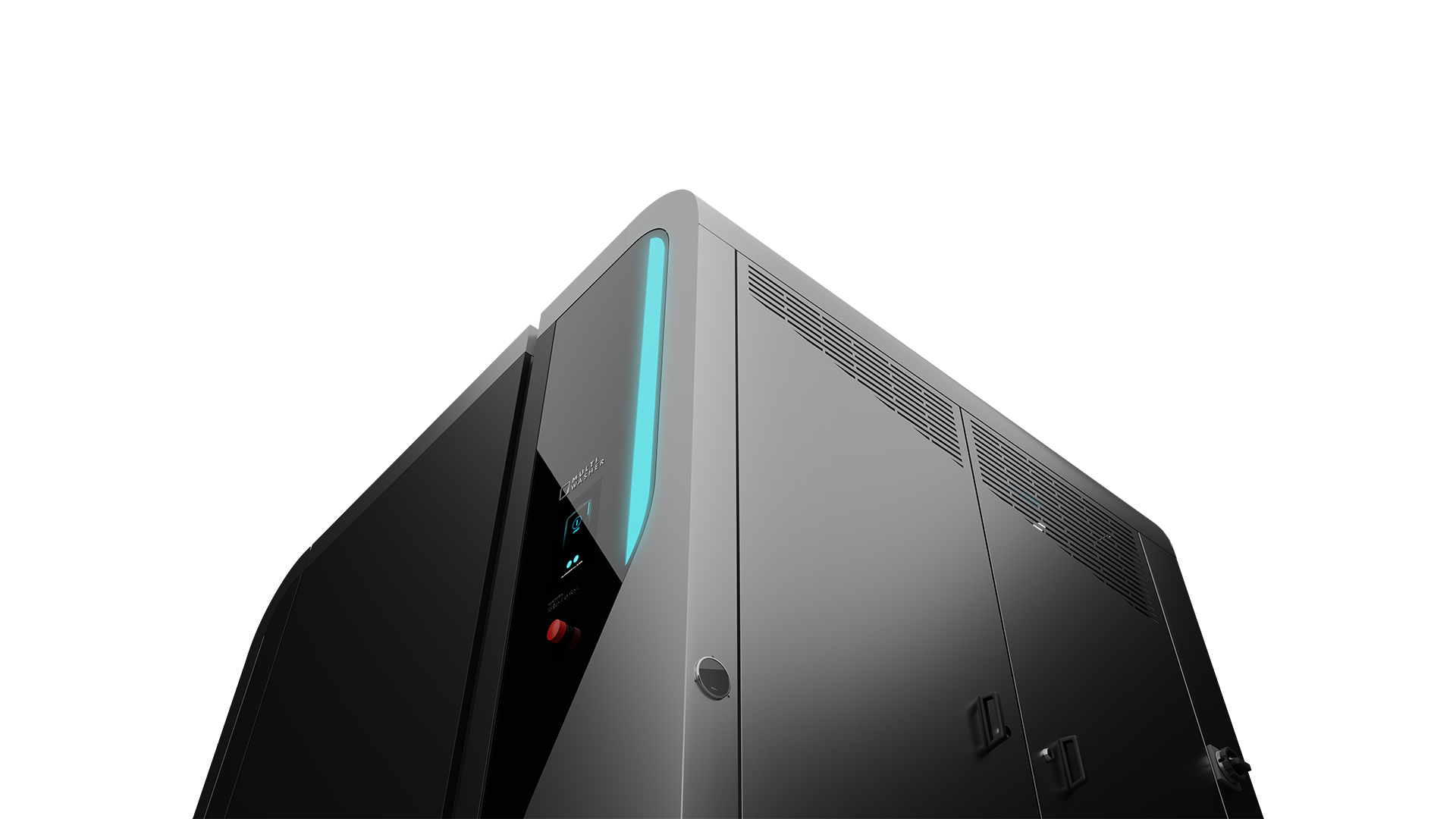

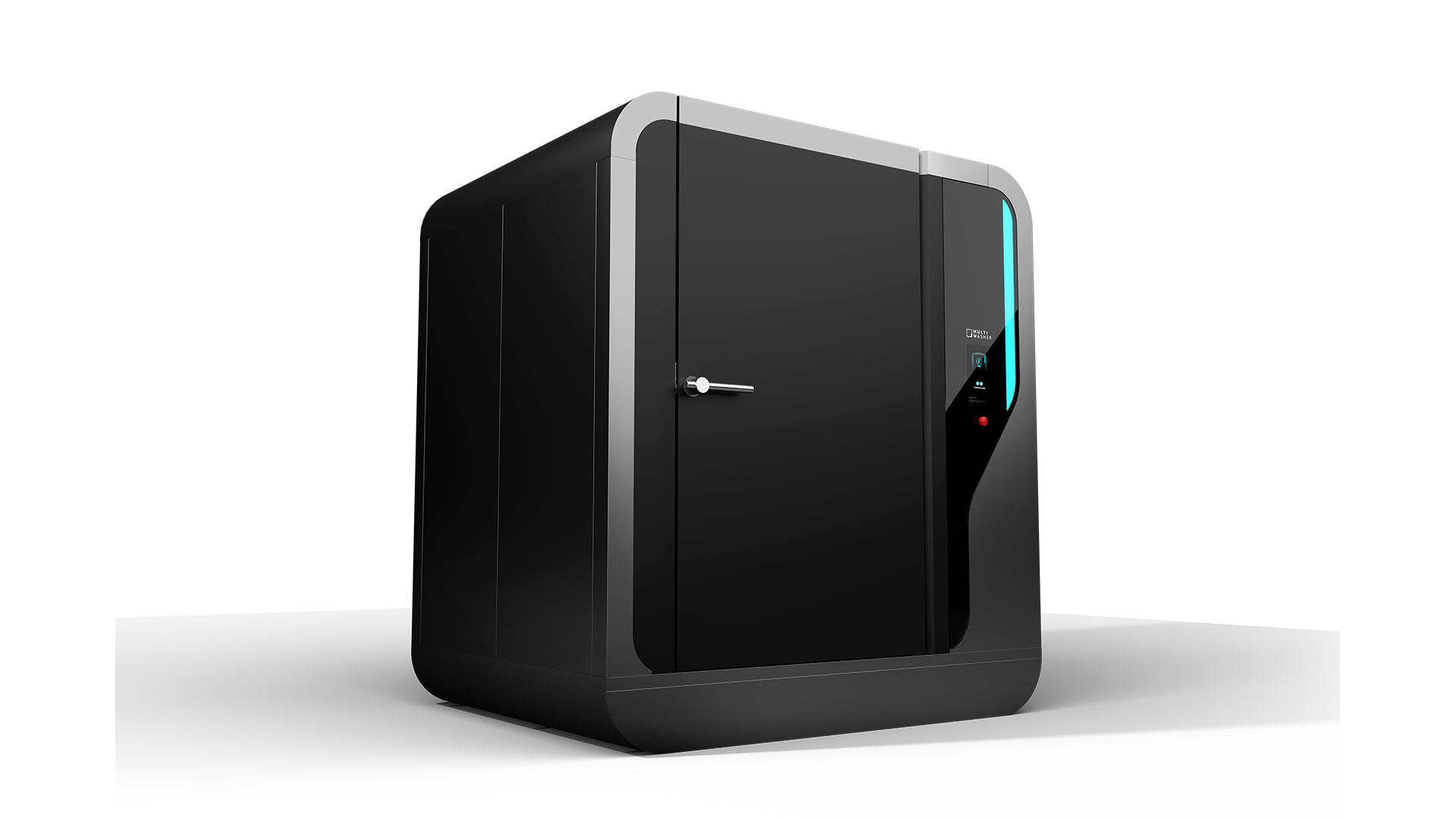
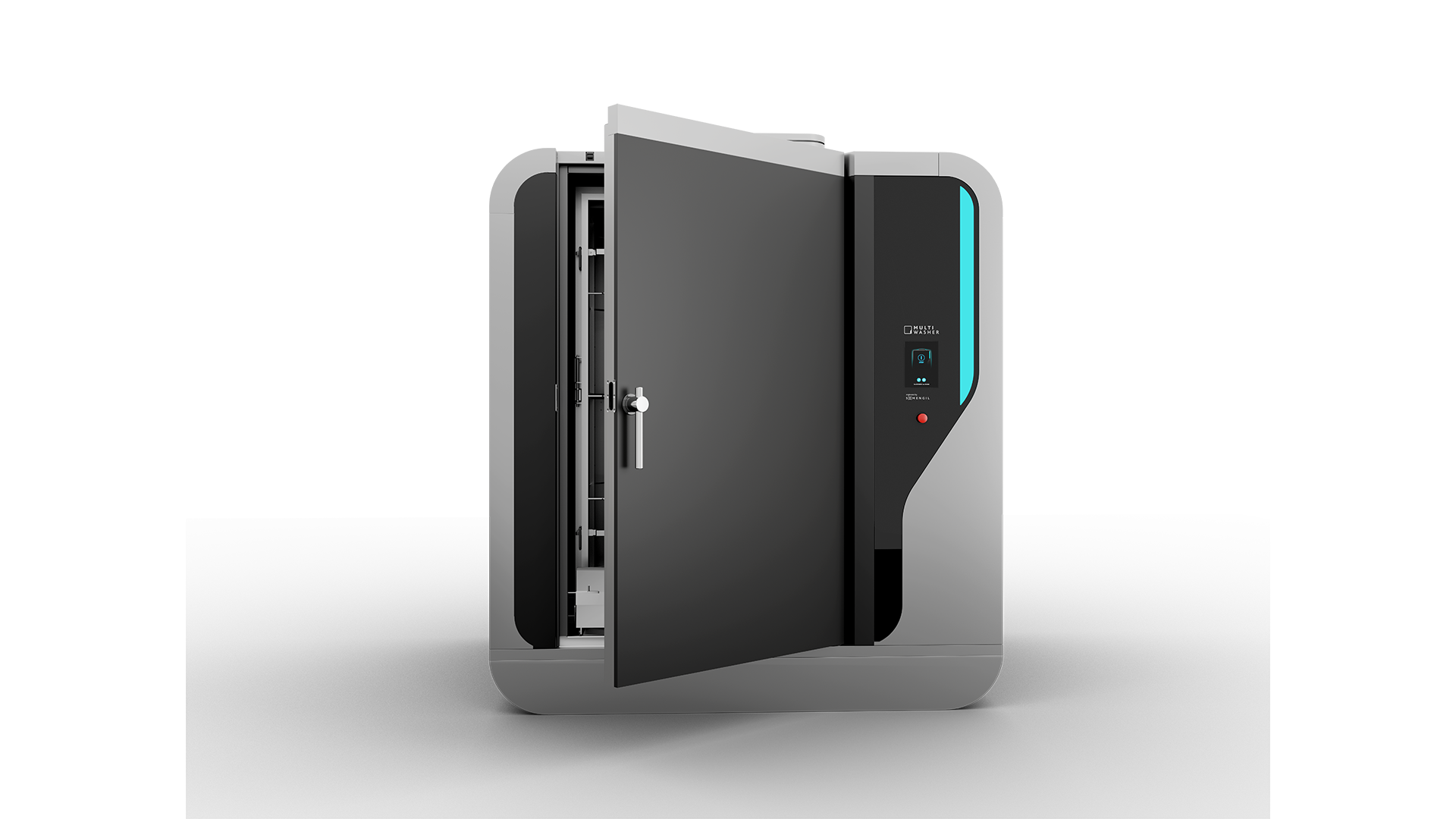
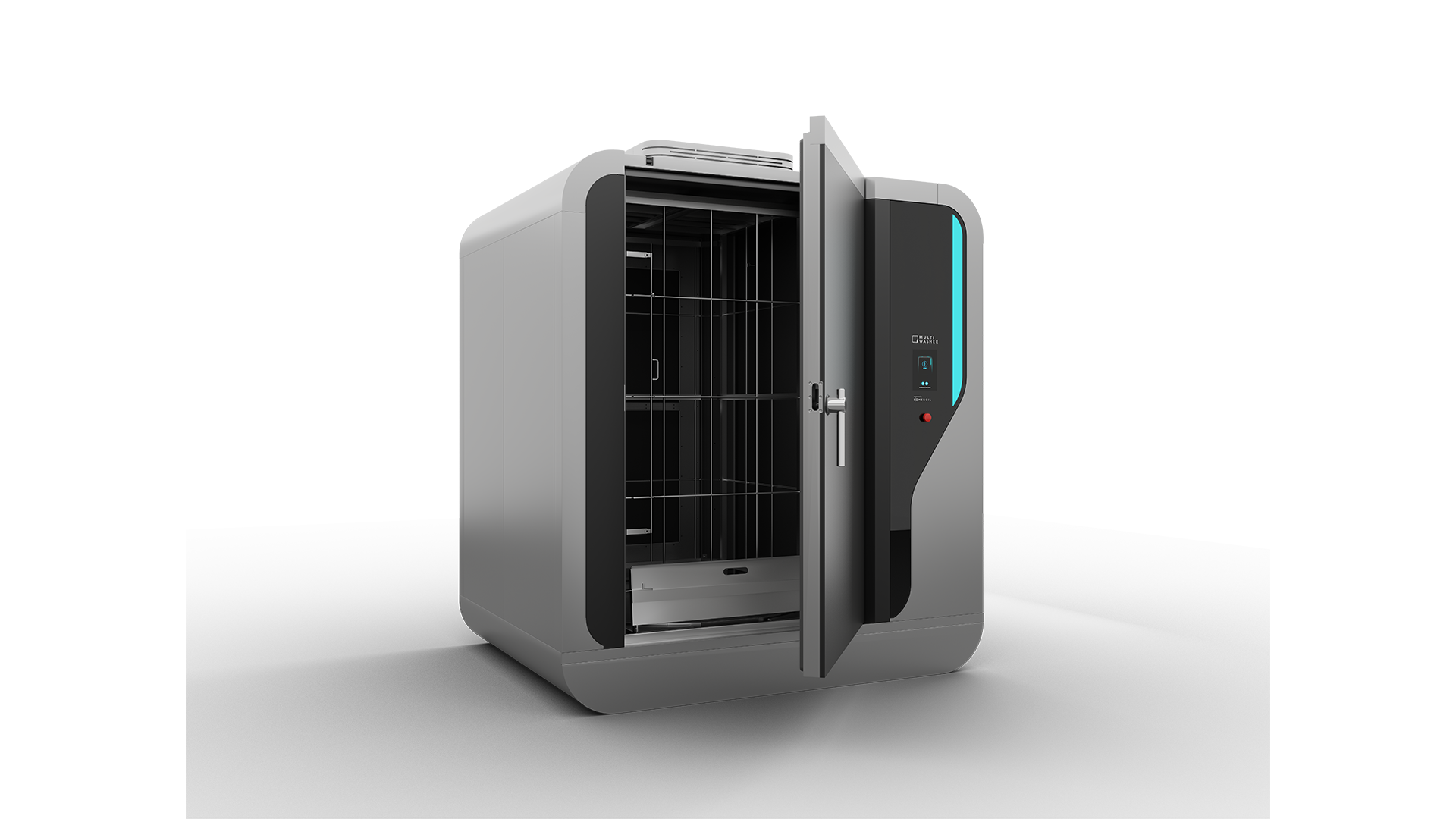
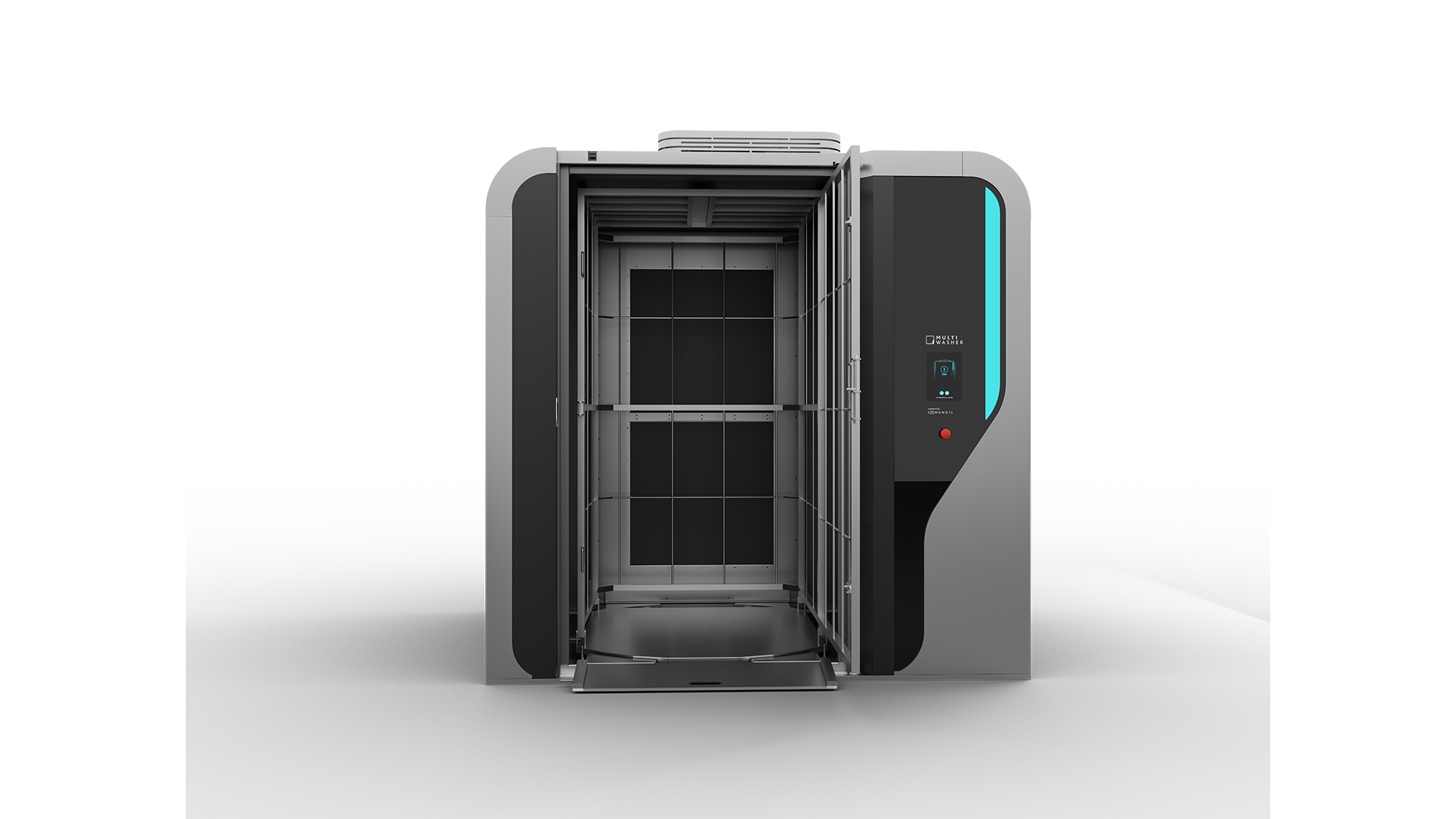
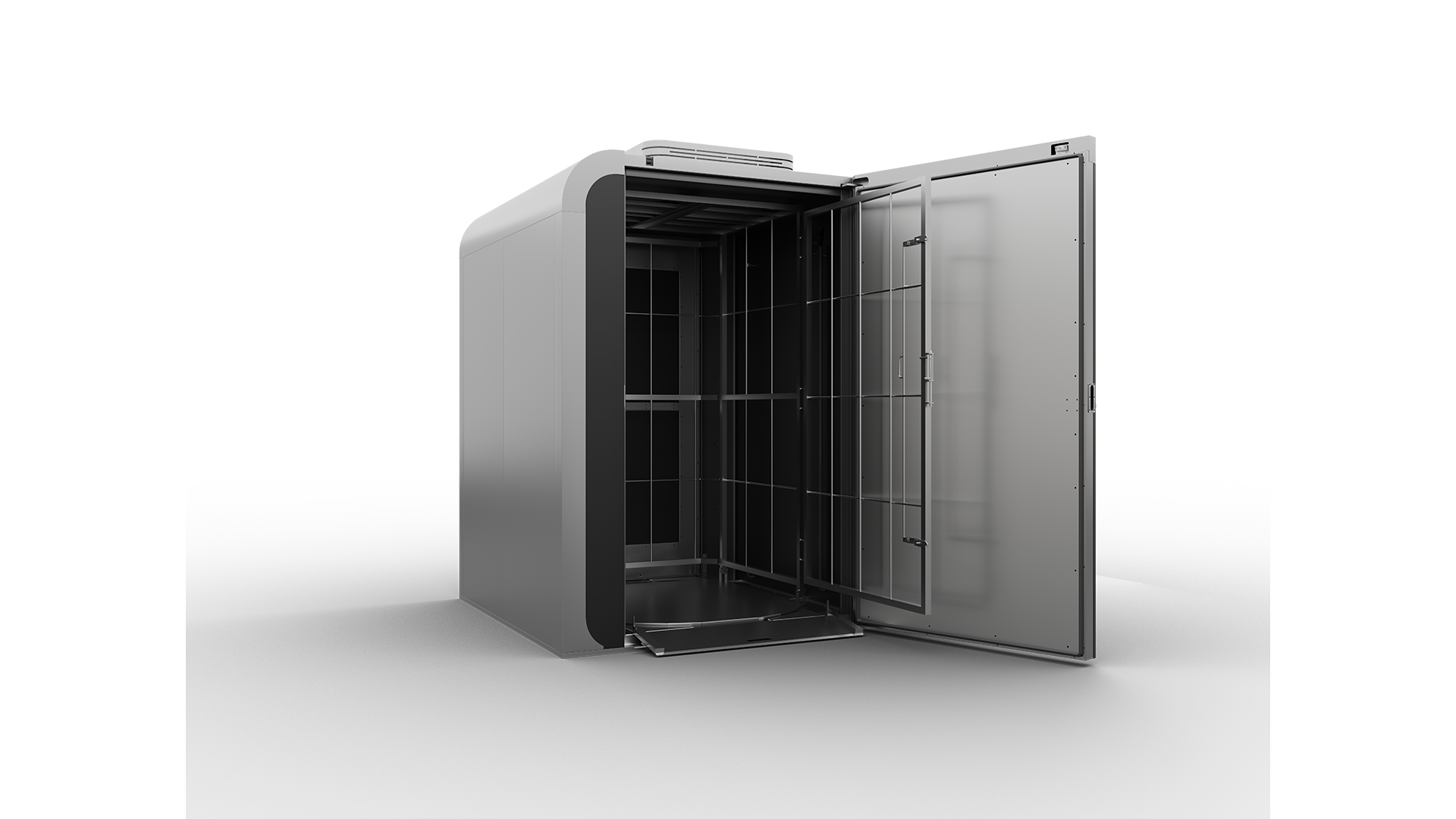
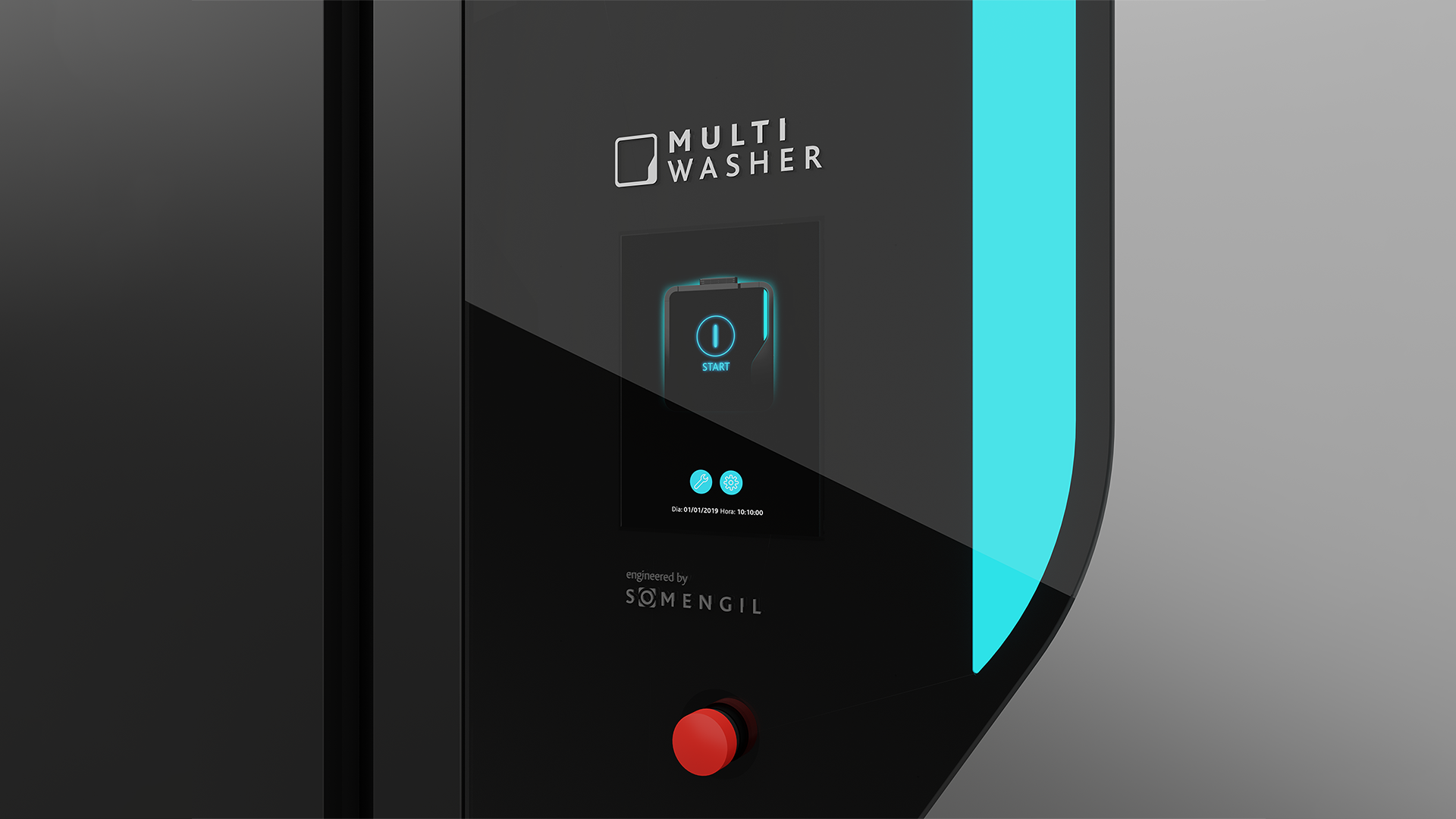
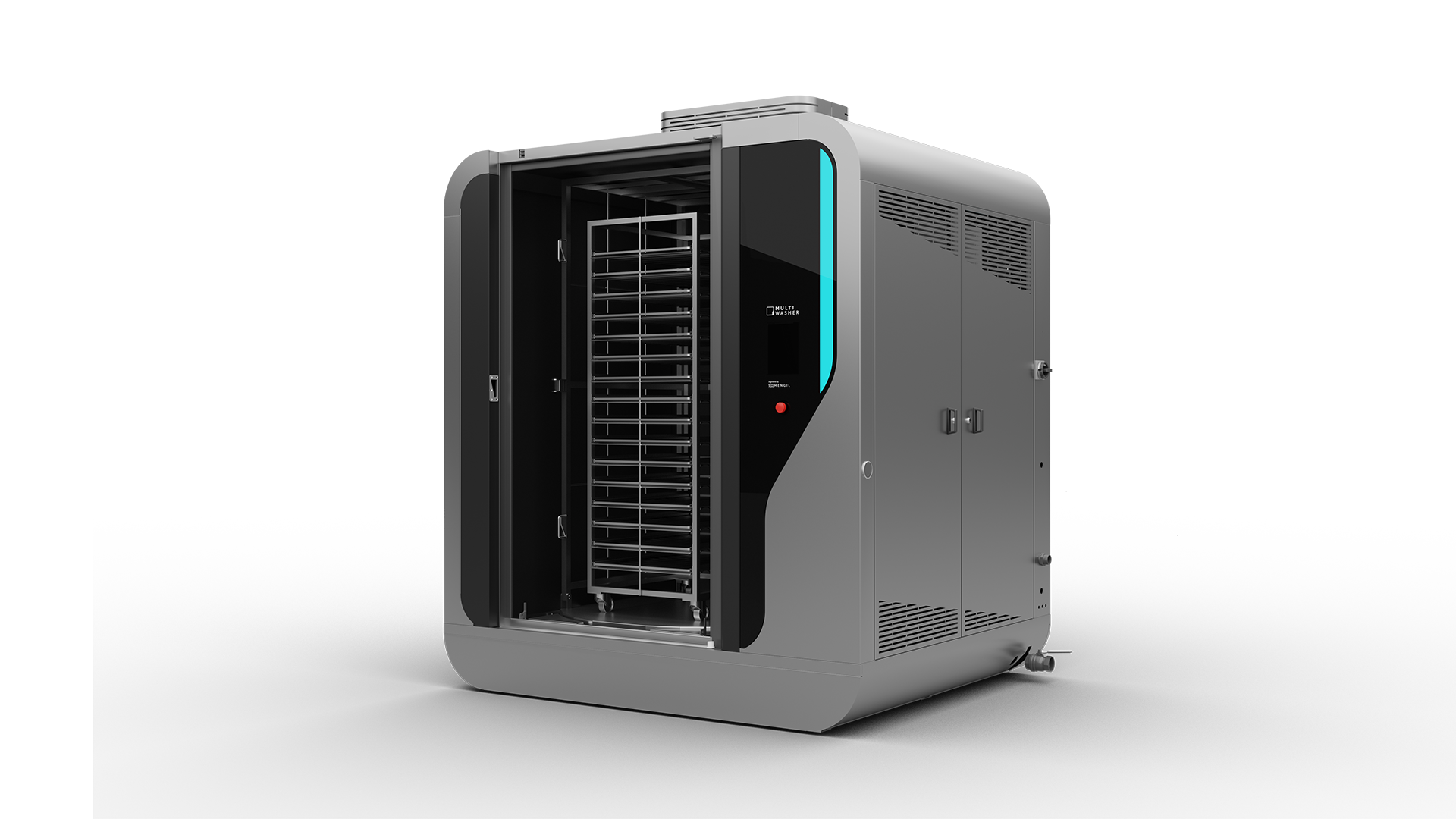
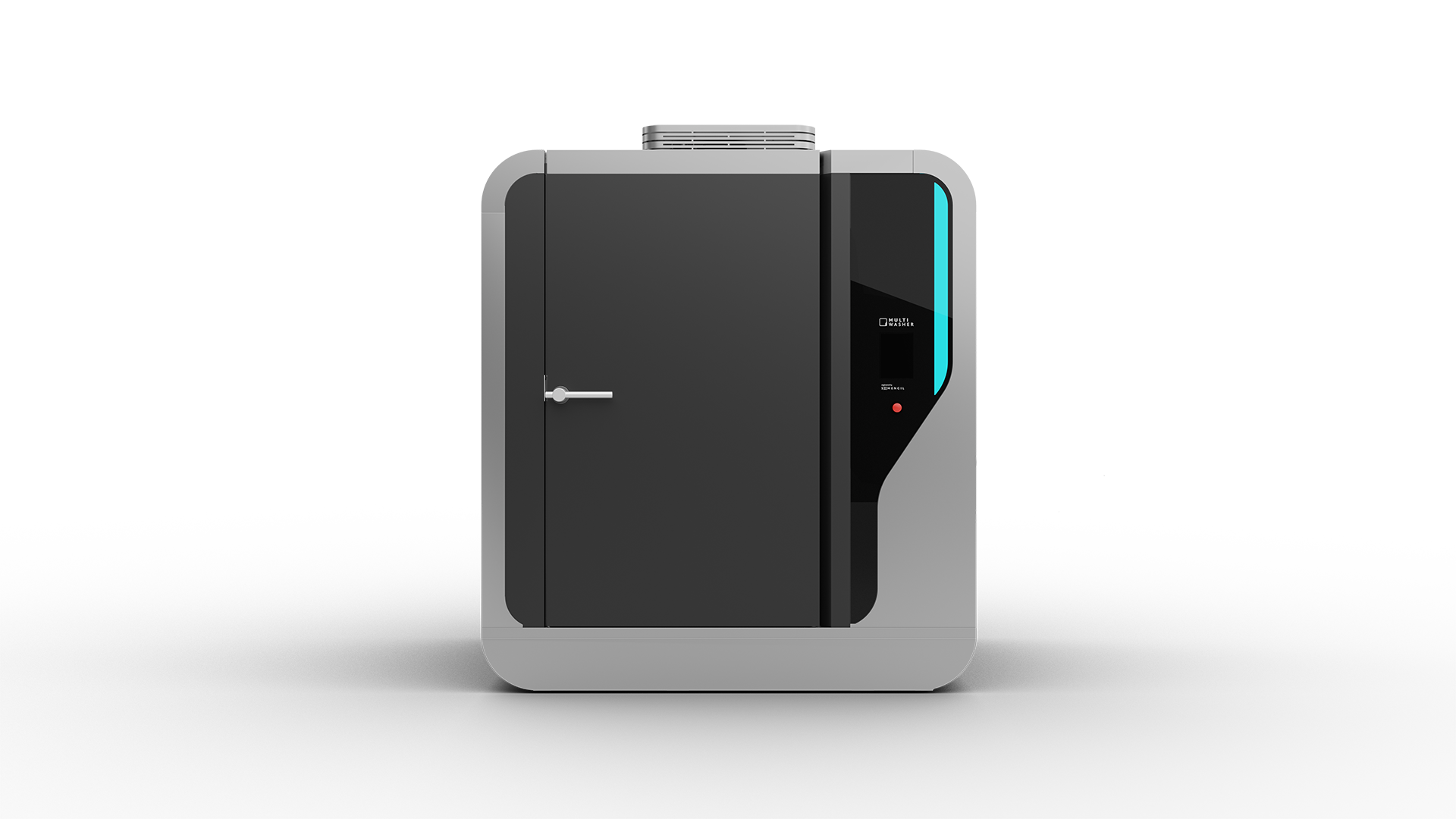


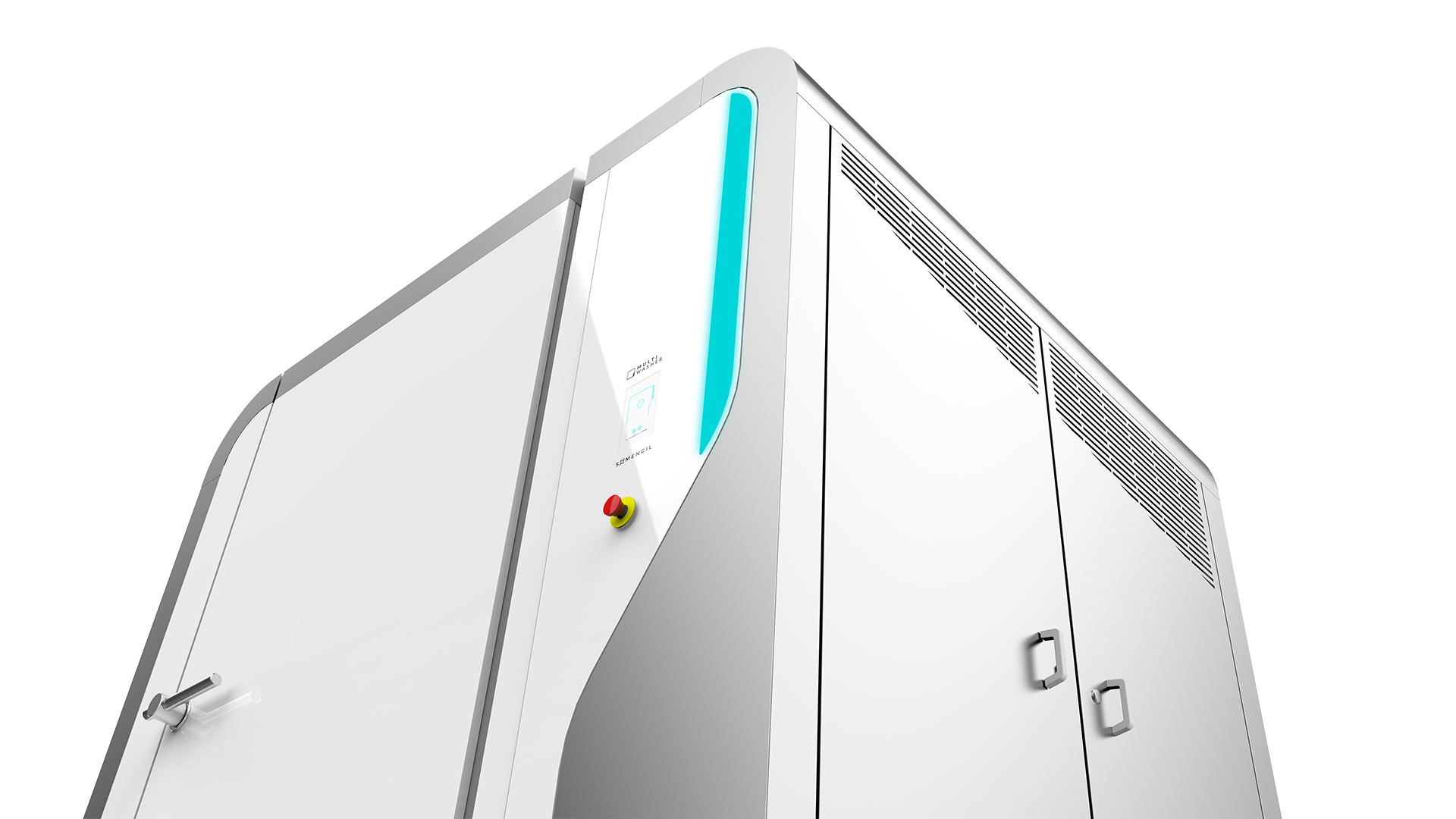
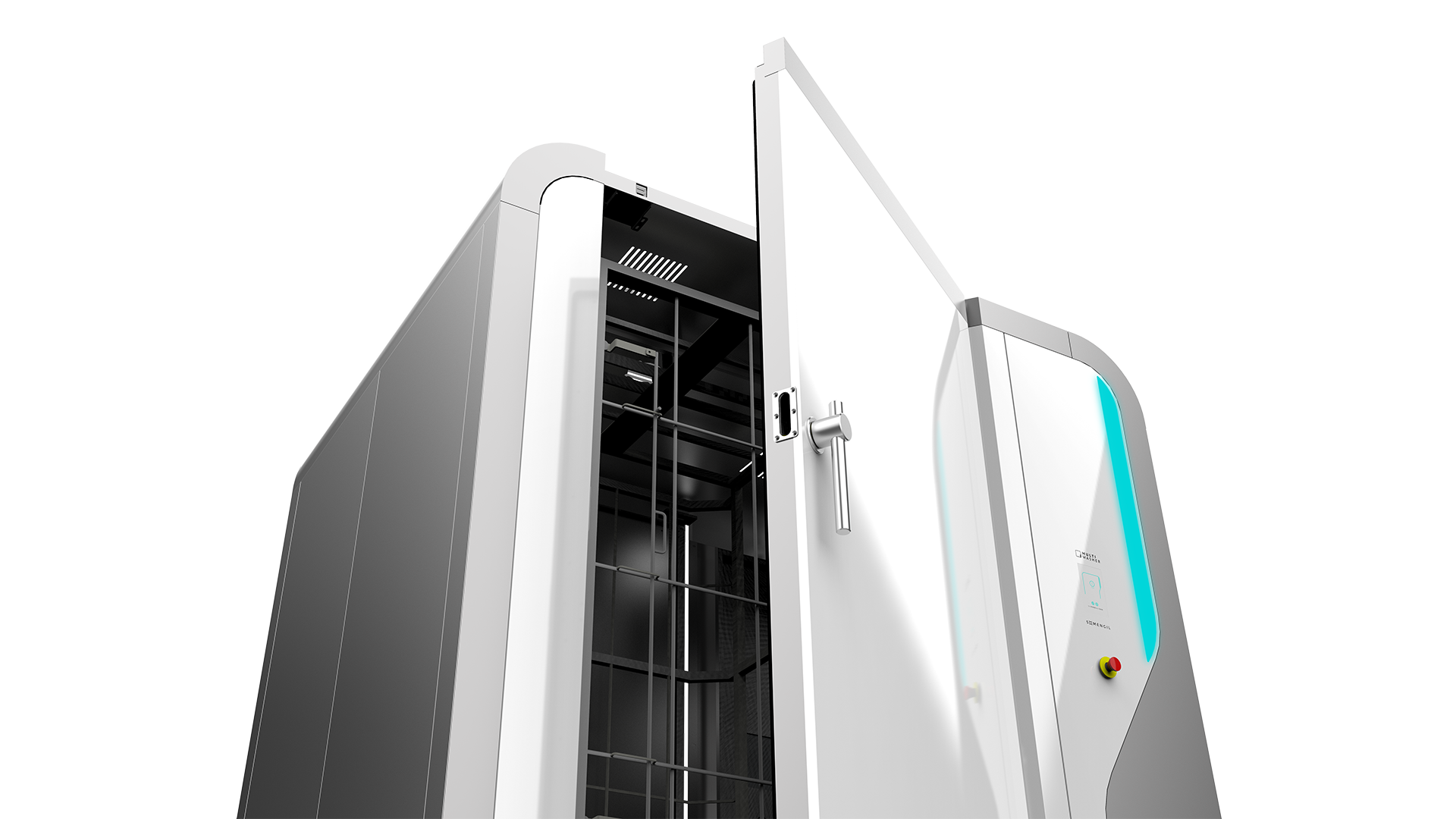
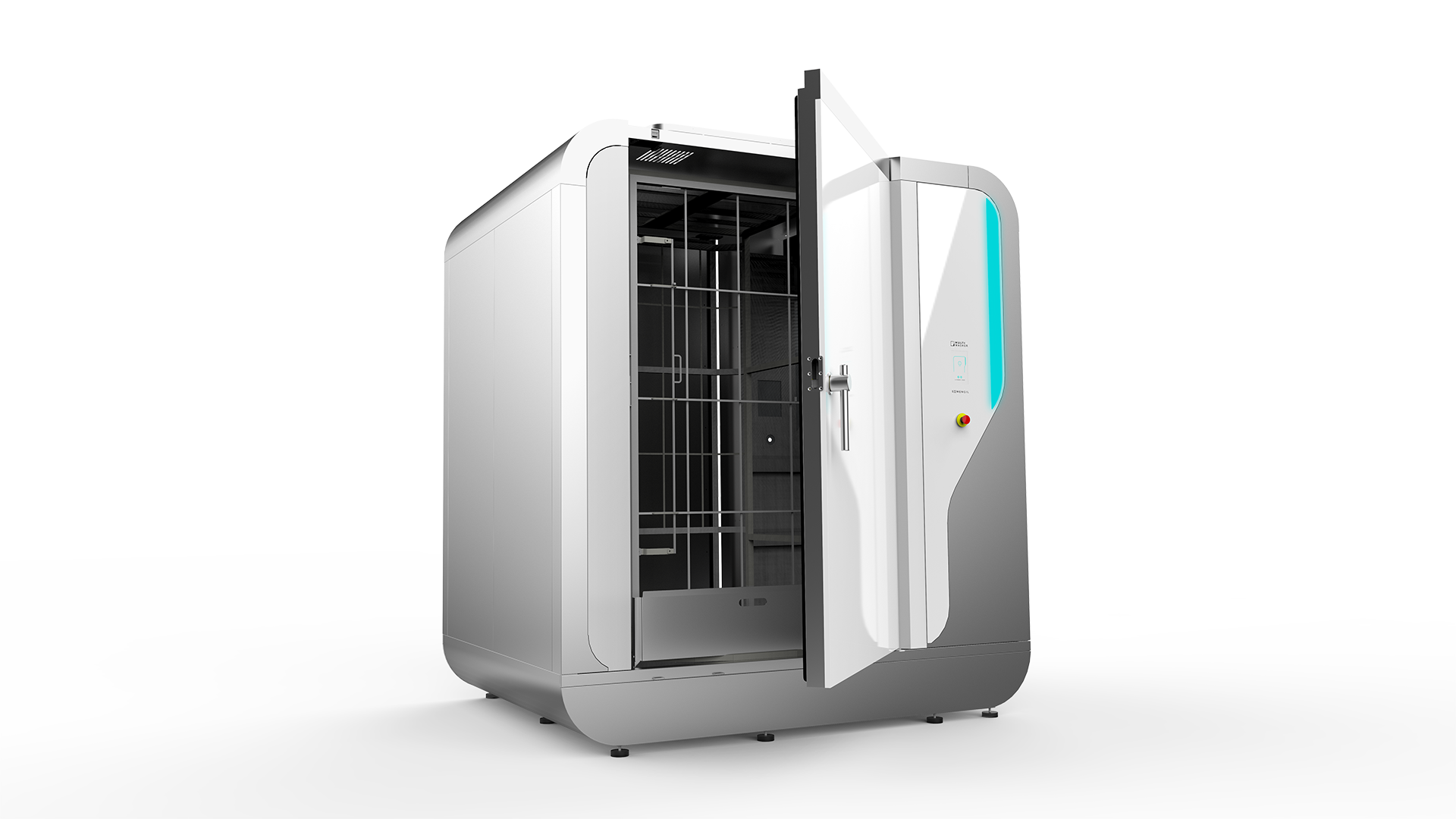
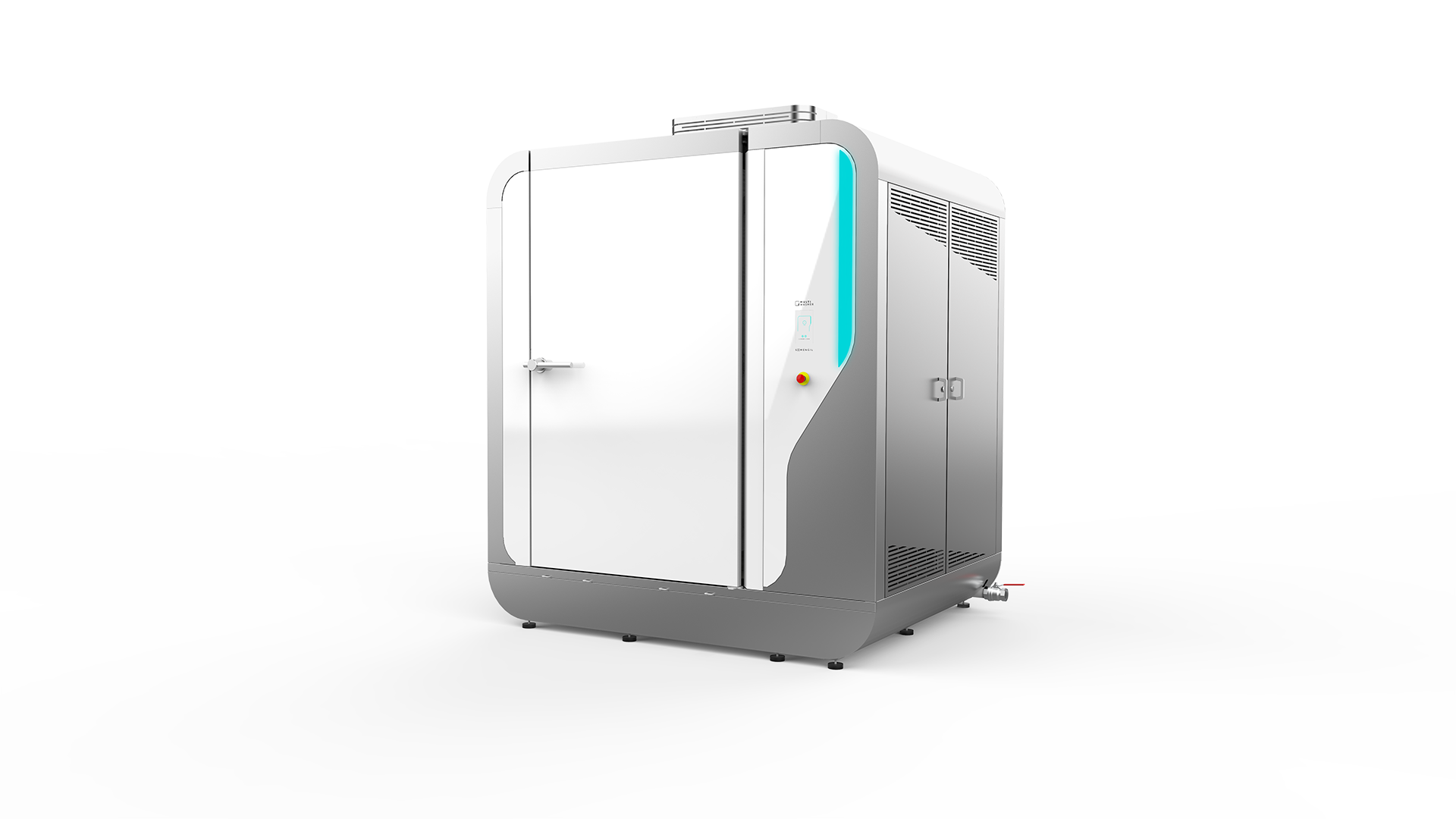
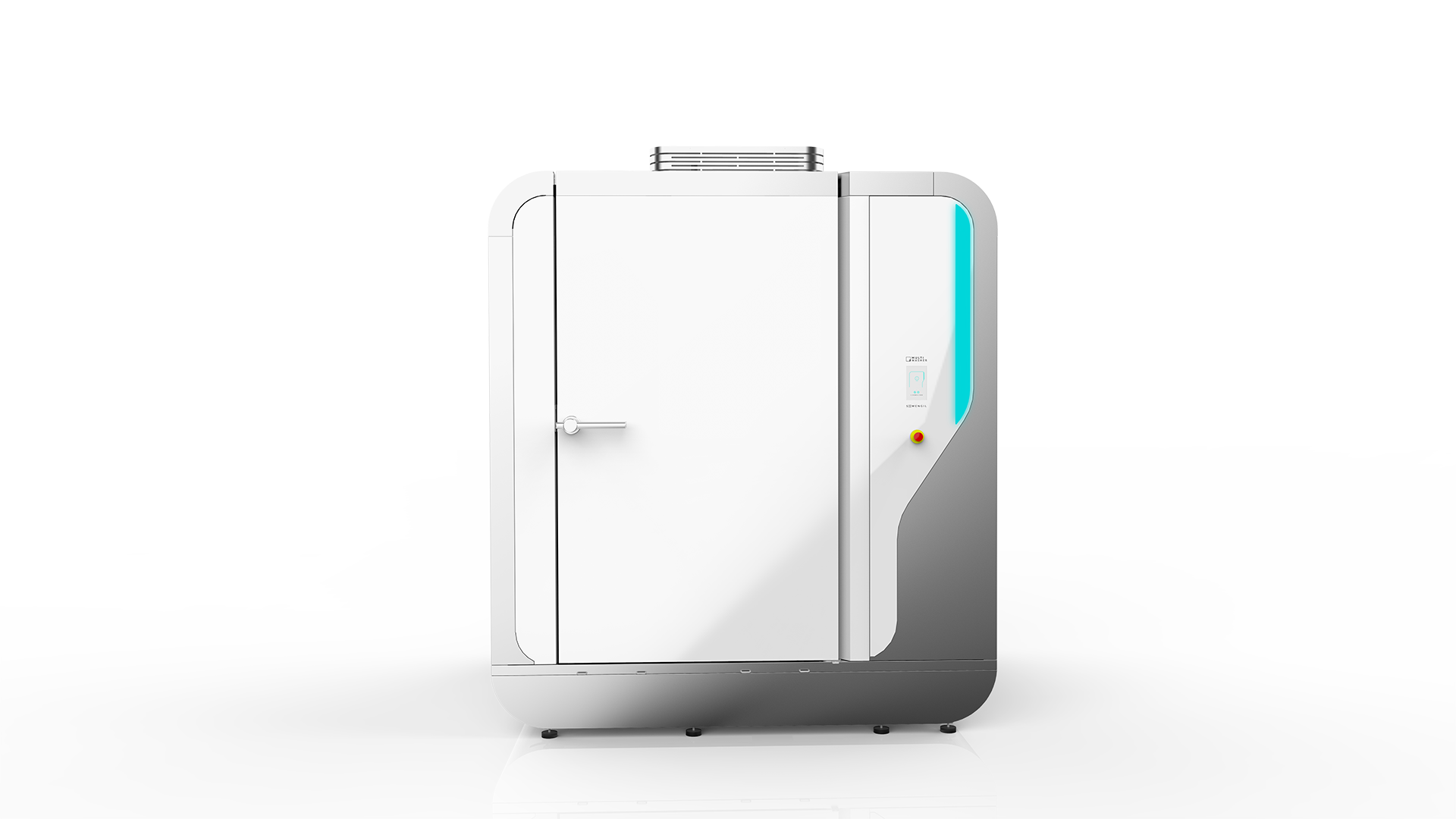
 Portugal
Portugal United Kingdom
United Kingdom United States
United States France
France Spain
Spain Germany
Germany Romania
Romania Italy
Italy Czech Republic
Czech Republic Finland
Finland Hungary
Hungary Slovakia
Slovakia Greece
Greece Lithuania
Lithuania South Korea
South Korea Russia
Russia Saudi Arabia
Saudi Arabia Poland
Poland Brasil
Brasil Hebrew
Hebrew